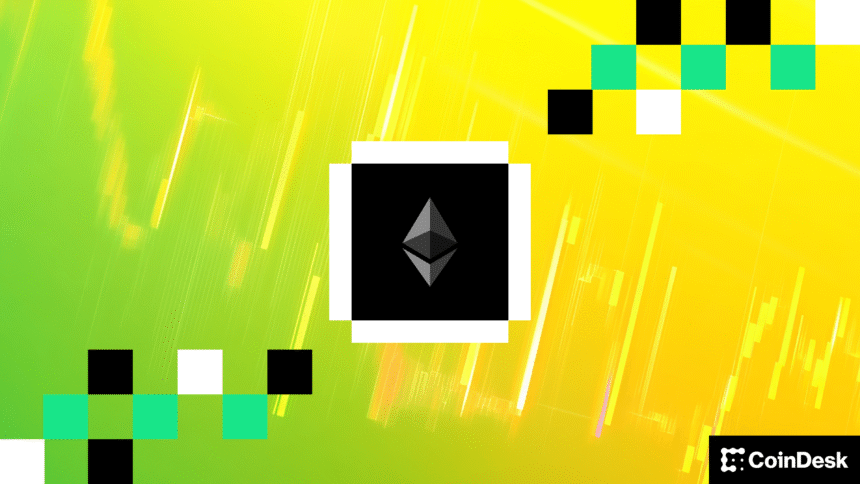The Ethereum Foundation (EF) is undertaking a significant initiative by launching a dedicated artificial intelligence (AI) group, aiming to position Ethereum as the foundational layer for what it terms the “machine economy.” This announcement was made by research scientist Davide Crapis, who outlined the group’s vision on social media platform X. The newly formed dAI Team will focus on two primary objectives: enabling AI agents to make transactions and coordinate activities without intermediaries, and creating a decentralized AI stack that diminishes dependence on a limited number of dominant companies.
Crapis emphasized Ethereum’s innate qualities—neutrality, verifiability, and resistance to censorship—making it an ideal base layer for intelligent systems. The EF, headquartered in Zug, Switzerland, is a non-profit organization dedicated to funding and coordinating the development of the Ethereum blockchain. Although it does not control the network directly, it plays a vital role in supporting researchers, developers, and various ecosystem projects. The foundation’s activities span funding significant upgrades, such as Ethereum 2.0 and layer-2 scaling solutions, as well as community initiatives like the Ecosystem Support Program. The EF is also responsible for organizing events like Devcon to promote collaboration and advocates for blockchain adoption in policy discussions.
In 2025, the EF underwent a restructuring to better manage Ethereum’s scalability, placing a stronger emphasis on accelerating the ecosystem, supporting founders, and engaging with enterprises. The inception of the dAI Team represents an extension of this strategic approach, targeting specialized units focused on emerging technologies.
Crapis will lead the dAI Team, explaining that its mission will involve collaboration with both the EF’s protocol group and its ecosystem support division. He noted, “Ethereum makes AI more trustworthy, and AI makes Ethereum more useful,” underscoring the intended synergy between the two fields. The team’s plans also include funding public goods and projects that lie at the intersection of AI and blockchain technologies.
A significant aspect of the dAI Team’s efforts will build upon recent developments related to ERC-8004, a proposed Ethereum standard aimed at establishing protocols for AI agent identity and trustworthiness. By introducing systems for reputation and identity attribution for autonomous agents, this standard seeks to facilitate coordination without the need for centralized control.
Crapis indicated that the team will also promote emerging standards and frameworks, ensuring that AI development remains transparent and accountable, while granting individuals greater control over the interaction of intelligent systems with the economic landscape.
This initiative is noteworthy for Ethereum as it signifies an ambition to anchor emerging technologies beyond just the realm of finance. Should AI agents begin transacting on a large scale, there could be heightened demand for settlement infrastructure, trust systems, and standards that operate natively on Ethereum. For the AI community, this initiative could serve as an alternative to the centralized platforms that currently dominate AI resources.
Crapis articulated that as intelligent agents become more involved in transactions, the necessity for a neutral base layer that can facilitate value and reputation will grow. He stated, “Ethereum benefits by becoming that layer and AI benefits by escaping lock-in to a few centralized platforms.” With the dAI Team actively hiring and sharing resources, Crapis affirmed the EF’s commitment to work “with purpose and urgency” in connecting the AI developer community to the broader Ethereum ecosystem and accelerating research at the intersection of these two innovative fields.







